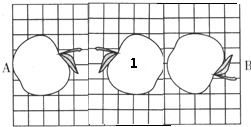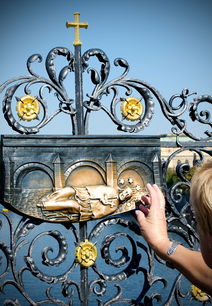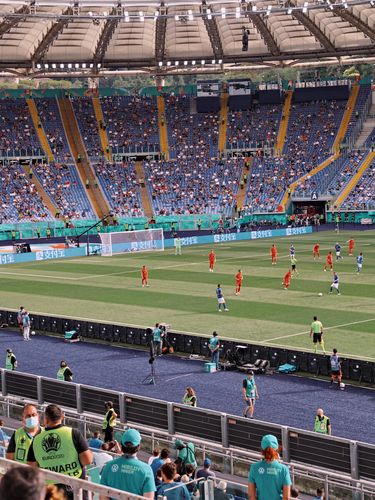ExploringtheAllureoftheUEFAEuropeanChampionship:ADeepDiveintoEurope'sPremierFootballTournament
The UEFA European Championship, often referred to as the Euros, is one of the most prestigious football tournaments in the world. This biennial competition organized by the Union of European Football Associations (UEFA) showcases the best national teams from across Europe, battling it out for continental supremacy. In this article, we will delve into the history, significance, and impact of the UEFA European Championship, exploring why it captivates millions of fans worldwide.
The Genesis of the UEFA European Championship
The tournament's inception dates back to 1960 when it was first held in France under the name "European Nations' Cup." The idea was conceived by Henri Delaunay, a French football administrator, who saw the need for a continental competition that would complement the FIFA World Cup. The inaugural tournament featured just 17 teams, with the Soviet Union emerging as the first champions after defeating Yugoslavia in the final.
Over the years, the competition has evolved significantly. It was renamed the UEFA European Championship in 1968 and has since expanded in terms of both the number of participating teams and the format of the tournament. Today, the Euros involve 24 teams, up from just four in the early years, reflecting the growth and popularity of football across Europe.
The Format and Evolution of the Tournament
Initially, the Euros were contested through a knockout format, with teams playing home and away matches to progress to the final stages. However, the introduction of a group stage in 1980 added a new dimension to the competition, allowing for more matches and a broader representation of European football.
The expansion to 24 teams in 2016 was a significant milestone, enabling more countries to participate and enhancing the tournament's inclusivity. This change also introduced a round of 16, adding more highstakes matches to the schedule and increasing the drama and excitement for fans.
Iconic Moments and Legendary Players
The UEFA European Championship has witnessed numerous iconic moments that have etched themselves into football folklore. From Marco van Basten's spectacular volley in the 1988 final to Greece's unexpected triumph in 2004, the Euros have consistently delivered unforgettable memories.
The tournament has also been a stage for legendary players to showcase their skills. Michel Platini's nine goals in the 1984 edition, which France won on home soil, remains a record for most goals in a single Euros. More recently, Cristiano Ronaldo has become the competition's alltime leading scorer, further cementing his status as one of football's greats.
The Cultural and Economic Impact
Beyond the pitch, the UEFA European Championship has a profound cultural and economic impact. It unites nations and celebrates diversity, as fans from different countries come together to support their teams. The tournament also boosts local economies, with host nations benefiting from increased tourism and infrastructure development.
Moreover, the Euros serve as a platform for social and political messages. In 2020, the tournament saw various teams taking a knee to protest racial injustice, highlighting the role of sports in driving social change.
The Future of the UEFA European Championship
Looking ahead, the UEFA European Championship continues to adapt and innovate. The introduction of VAR (Video Assistant Referee) technology in the 2020 edition was a significant step towards ensuring fairness and accuracy in decisionmaking. Future iterations of the tournament may see further changes, such as modifications to the format or the inclusion of new technologies, all aimed at enhancing the spectacle and competitiveness of the Euros.

Conclusion
The UEFA European Championship stands as a testament to the enduring appeal of football in Europe. With its rich history, dramatic moments, and the best players in the world, the Euros continue to captivate audiences and inspire future generations of football fans. As the tournament evolves, it remains a cornerstone of European sports culture, embodying the passion, skill, and unity that define the beautiful game.
In conclusion, the UEFA European Championship is more than just a football tournament; it is a celebration of European football, a platform for cultural exchange, and a showcase of the continent's finest sporting talents. As fans eagerly await each edition, the Euros continue to write its legacy, one thrilling match at a time.











